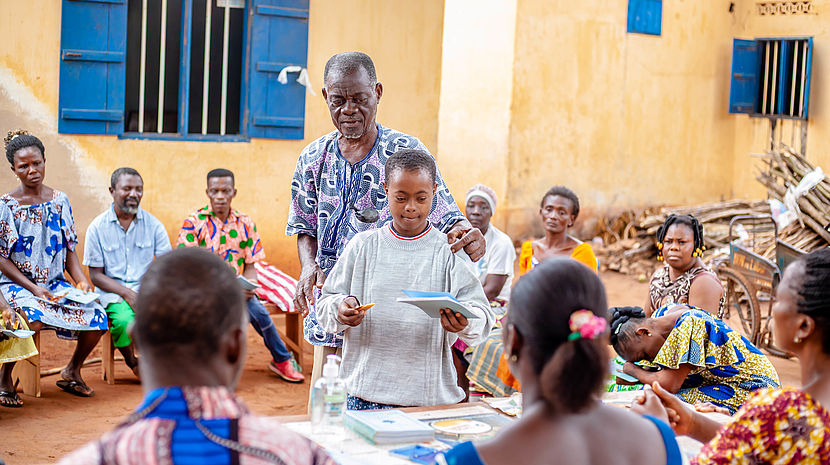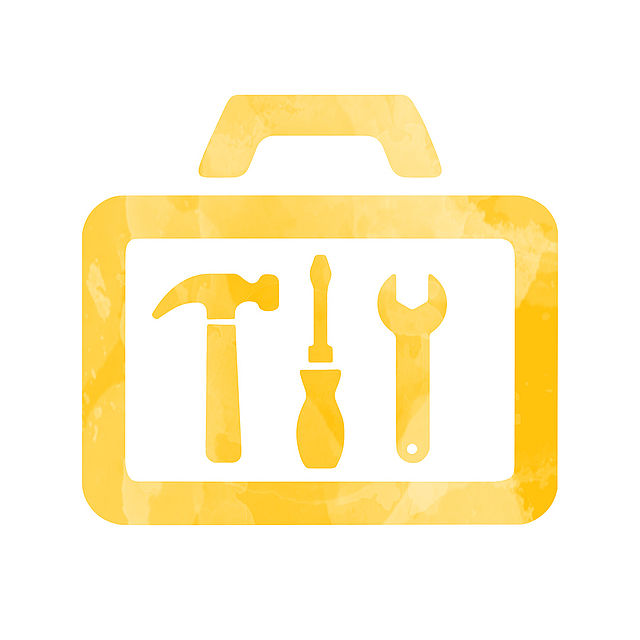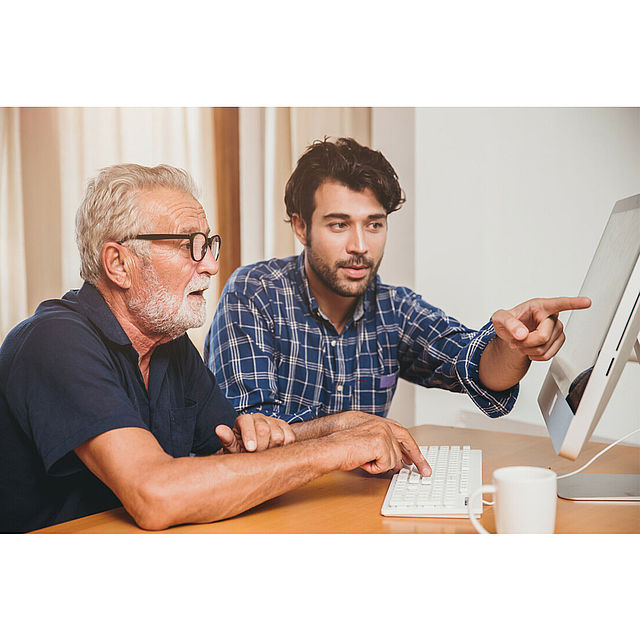CBM's Inclusive Participation Toolbox Supports Disability Inclusive Planning

©CBM/Happuc
Use CBM’s Inclusive Participation Toolbox to make your work more inclusive. Let us write a new history where inclusion is possible for all of us.
CBM has launched the Inclusive Participation Toolbox, a new digital centre with resources for supporting the meaningful inclusion of persons with disabilities and organisations of persons with disabilities (OPDs).
The toolbox is designed for professionals working in international development. It supports them to develop and implement inclusive programmes, organise consultations, plan events, and prepare presentations.
“Inclusion is not a choice; it is a human right. This toolbox will help you as a professional or your organisation to work with and for persons with disabilities. As CBM, we have a vision of an inclusive world where all persons with disabilities can enjoy their human rights and reach their full potential. This is the vision we want to support with this toolbox,” Michael Herbst, Head of Advocacy at CBM.
What the Toolbox offers
The toolbox shows how easy it is to involve persons with disabilities and their organisations in development and humanitarian activities and make them equal partners. It provides guidance and resources on the following topics:
-
WHY the participation of persons with disabilities and their organisations is important. This includes taking a closer look at disability and participation in general, as well as the obligations under international frameworks such as the Convention on the Rights of Persons with Disabilities or the 2030 Agenda.
-
HOW participation can be enabled in practise. This includes important prerequisites such as accessibility requirements or how to ensure participation at every stage of project cycle management. It also addresses questions of inclusive language and interaction.
-
WHO you can work with: This includes a global database of contact details of OPDs, which can be filtered by geographical location or area of expertise. It also contains information on the structures and mandates of OPDs.
How can you benefit?
Whether you are developing or implementing an international programme, organising a consultation, planning an event, or preparing a presentation, you will find resources in the Toolbox to help you. These include:

-
A guide on how to apply participatory approaches and keep track of your project management cycle to include persons with disabilities.
-
A filter function to find OPDs in your country.
-
A checklist to help you plan accessible meetings and events .
-
Ready-to-use presentations to convince your colleagues about the importance of inclusive participation.
-
A glossary of key disability related terms.
-
Case studies and examples of good practice from existing projects and initiatives.
Why inclusive participation is important
The participation of persons with disabilities and OPDs in international cooperation has been insignificant in the past. Persons with disabilities are not given equal opportunities to participate in all aspects of life according to their abilities and desires.
When they are invited to the table, their voices are often excluded from the discussions and decisions that affect their lives. And where they do have the opportunity, physical, social, and technical barriers hinder their full and effective participation.
Moreover, the disability movement, like other social movements, is not homogeneous. There are some groups that have been less included in participatory processes, are harder to reach or face greater barriers. These include persons who are deafblind, persons with intellectual disabilities or persons with psychosocial disabilities. Others are those who are less involved in decision-making processes, such as women, children, older people, and indigenous persons with disabilities.
Nothing about us without us is not just a call from persons with disabilities, but rather a mantra to ensure that all activities are inclusive and leave no one behind. Professionals working in the field of international development are encouraged to use the toolbox to learn and improve their approaches to participation by making the inclusion of persons with disabilities part of all policies and programmes.
